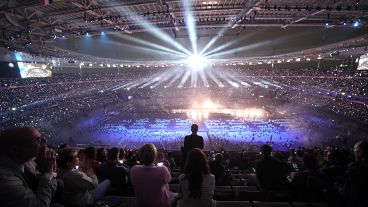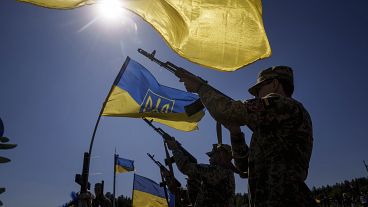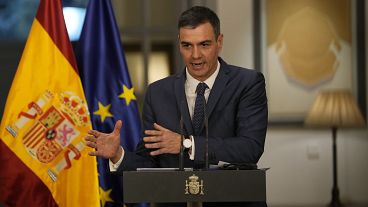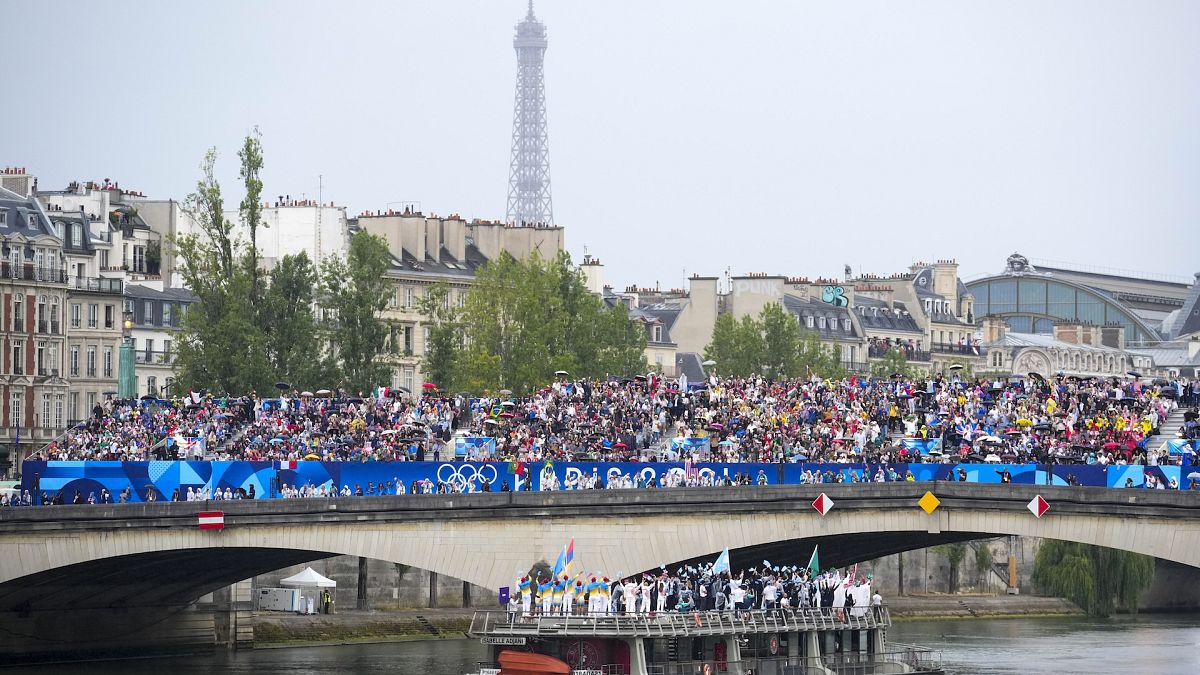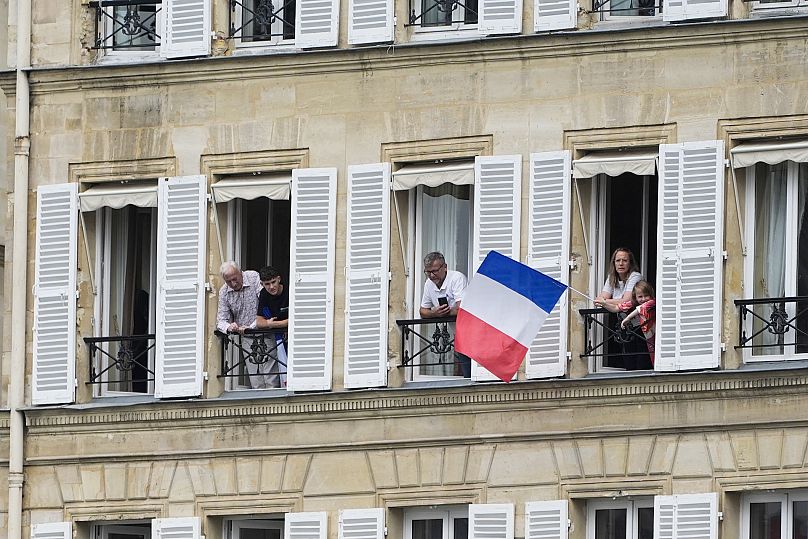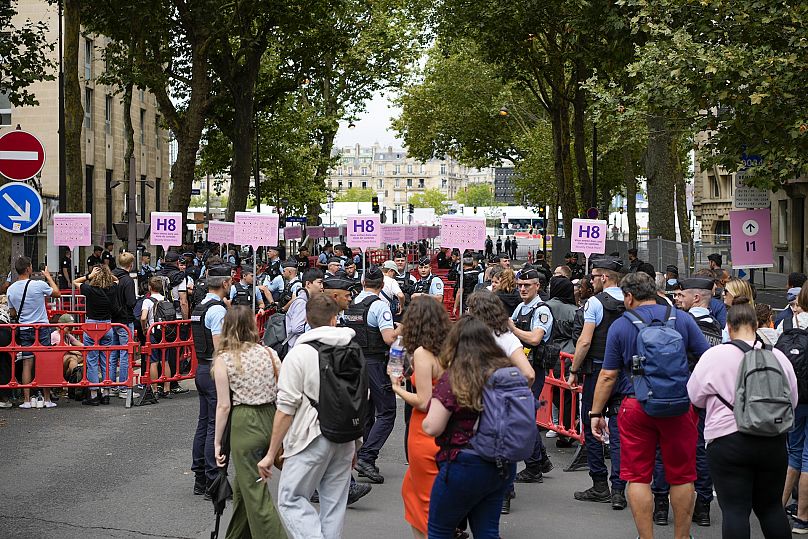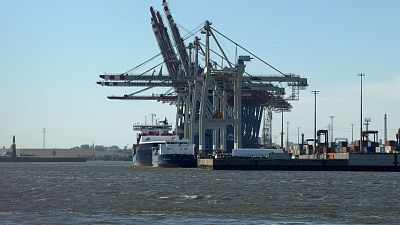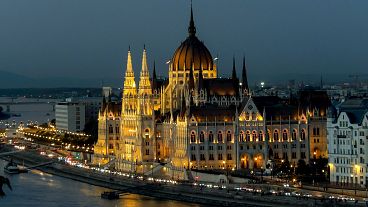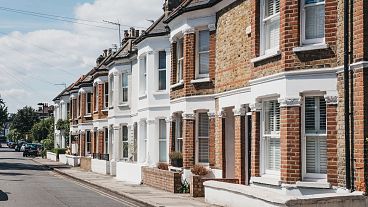Various host cities have spent money on "necessary" infrastructure for the Olympic Games, costing their countries billions. This summer, Paris is hosting the Summer Games for the third time. The organising committee insists everything is under control - is it?
Host cities worldwide have trusted the budget set aside by the International Olympic Committee (IOC) and the Organising Committee for the Games (OCOG). However, multiple countries have found themselves inching a little too close for comfort towards debt from the expenses.
For Paris, almost all (96%) of the budget for the Paris 2024 Olympic and Paralympic Games comes from the private sector, the IOC, partner companies, the ticket office for the games, and licensing.
This year, €4.38bn was budgeted for the Paris 2024 Organising Committee, and IOC covered an additional €400m, including costs of host broadcast operations. That means the Paris Games should cost less than usual, according to the Olympic website.
The Games organisation budget, including competition organisation, venue operations, workforce, technology, and transportation, is almost entirely privately funded along with a significant contribution by the IOC.
According to the IOC, there is a sports infrastructure budget that is either public or privately funded, depending on what already exists in the city and what they want to achieve post-Olympics. Some hosts may also use the Games as a catalyst to improve infrastructure that doesn’t directly affect hosting the Games.
Previous hosts experienced bankruptcy
Some host cities have spent decades recovering from debt while others are still in the process, and some came out scot-free. Others have faced bankruptcy following the Olympics.
Montreal hosted the Summer Games in 1976, leading it to falling into billions of dollars in debt. It took it three decades to recover from, only regaining stability in 2006.
Where the Olympics all started - Athens, Greece did not have it easy either. The Greek debt crisis happened in 2009, and some argue that the 2004 Summer Games tipped the country towards bankruptcy.
"Almost all of the facilities built for the 2004 Athens Olympics, whose costs contributed to the Greek debt crisis, are now derelict," according to James McBride and Melissa Manno from the Council on Foreign Relations (CFR).
Others insist that's not the case. A paper referred to Euronews by the IOC on Re-analysis, Measurement, and Misperceptions of Cost Overruns at the Olympic Games, says that: "The cost of the Olympic Games represents less than 0.28% of the GDP; hence, it is clear that the Games cannot cause a severe national economic crisis."
The IOC told Euronews: "Improvements in urban planning, combined with the global visibility given to the city during the Games, resulted in considerable growth in tourism after the Games: in 2003, Greece recorded 12 million tourist visits; while, in 2015, the Bank of Greece reported around 23.5 million visitors to the country."
There is no solid evidence that the 2004 Olympics set off the Greek debt crisis but the costs incurred by the city and the country may not have helped its financial situation.
That particular Olympic Games remains a controversial topic as the IOC continues to say it was a positive thing for the city. However, a question to be asked of any city playing host to the Olympic Games might be: Was the city in good working order before its hosting commission?
One of the biggest cities that "paid the price" was the 2014 Sochi Winter Games. The original budget was roughly around €9.5bn, the final cost ended up being around €47bn - the most expensive Olympics ever.
The IOC explains that the media inflates this number because it includes projects that were not required for the Games. They were used as the catalysts to redesign the transport system and urban infrastructure hoping to create a year-round resort destination.
Still, Russia vowed to pay the costs through super-wealthy private investors to relieve the state of its burden but, once the first anniversary came up, at least two oligarchs dumped their increasing assets onto the state - forcing the Russian taxpayers to pick up the bill, according to AP.
The IOC contrasted this information with a PriceWaterhouseCoopers report they commissioned, which says the OCOG and sports venues investment was "only" around €11.2bn.
The Paris effect
In the past, a huge portion of the Olympic budget has been put aside to build necessary infrastructure such as the Olympic Village, venues large enough for opening and closing ceremonies, sports facilities, and housing.
The OCOG has worked to make this year's Games friendly to the environment and the economy. In 2014, the IOC introduced a set of reforms for the 2020 Olympic Agenda. The first recommendation was for: "The IOC to actively promote the maximum use of existing facilities and the use of temporary and demountable venues. The IOC to allow, for the Olympic Games, the organisation of entire sports or disciplines outside the host city or, in exceptional cases, outside the host country notably for reasons of geography and sustainability."
When Paris was elected to host the 2024 Olympic Games, it became "the first manifestation of how these recommendations have been fully applied" according to the IOC. To lower the chances of debt and keep up with sustainability goals, 95% of the facilities are existing or temporary.
Paris will be using some iconic landmarks to host competitions - volleyball under the Eiffel Tower, equestrian and pentathlon at the Palace of Versailles, and existing stadiums, Roland Garros for tennis and the national soccer stadium Stade de France.
Only one purpose-built site was made for the games, which is the Aquatics Centre. After the games, it will become a community sports centre in Seine-Saint-Denis. The Adidas Arena is another newly built facility. It was not built specifically for the Olympics but it will be used for the Olympics and Paralympics.
The Olympic Village is an unavoidable cost. This year it stretches across three cities - Saint-Denis, Saint-Ouen-sur-Seine, and L'Île-Saint-Denis - and will be turned into neighbourhoods and office spaces with amenities following the games.
Making a beneficial change to the city, Mayor Anne Hidalgo has been able to speed up the process of decontaminating the River Seine, which was in use for the hosting the opening ceremony. Athletes paraded down the already in-place structure, rather than building a new venue.
Waiting game
Until the games are at an end, it will be hard to predict the financial outcome for Paris.
Some three billion people watch the Olympics which takes place every four years. That means there is an enormous opportunity to influence others through the creation of a sustainable and economically friendly Olympics. This has yet to be achieved.
Speaking to Euronews, the IOC said: “As the first Olympic Games planned and delivered under Olympic Agenda 2020, Paris 2024 is a demonstration of the positive impact of these ambitious IOC reforms and the capacity of the French organisers in adapting the Games to the needs of their hosts and to the times we live in.
“Despite facing a challenging global context during its seven-year lifecycle, the Organising Committee has managed to keep a balanced budget with almost all the expenses covered by private revenues and increases that are below the rate of inflation for the period. The same can be said about the SOLIDEO budget for infrastructure works, which is 60% privately funded with every public investment providing long-term legacies for communities in need."
"Add to that, an estimated leverage effect of €3 of economic impact for each euro of public investment, resulting in some €9bn net economic benefits. In turn, this produces €5.3bn in fiscal revenues. This is further evidence that the Games can bring substantial economic benefits to their hosts, while being socially and environmentally responsible."
Olympics President Tony Estanguet said in a press conference a week before the games took off they had spent €4.5bn, €220 million more than the budget they set aside.


